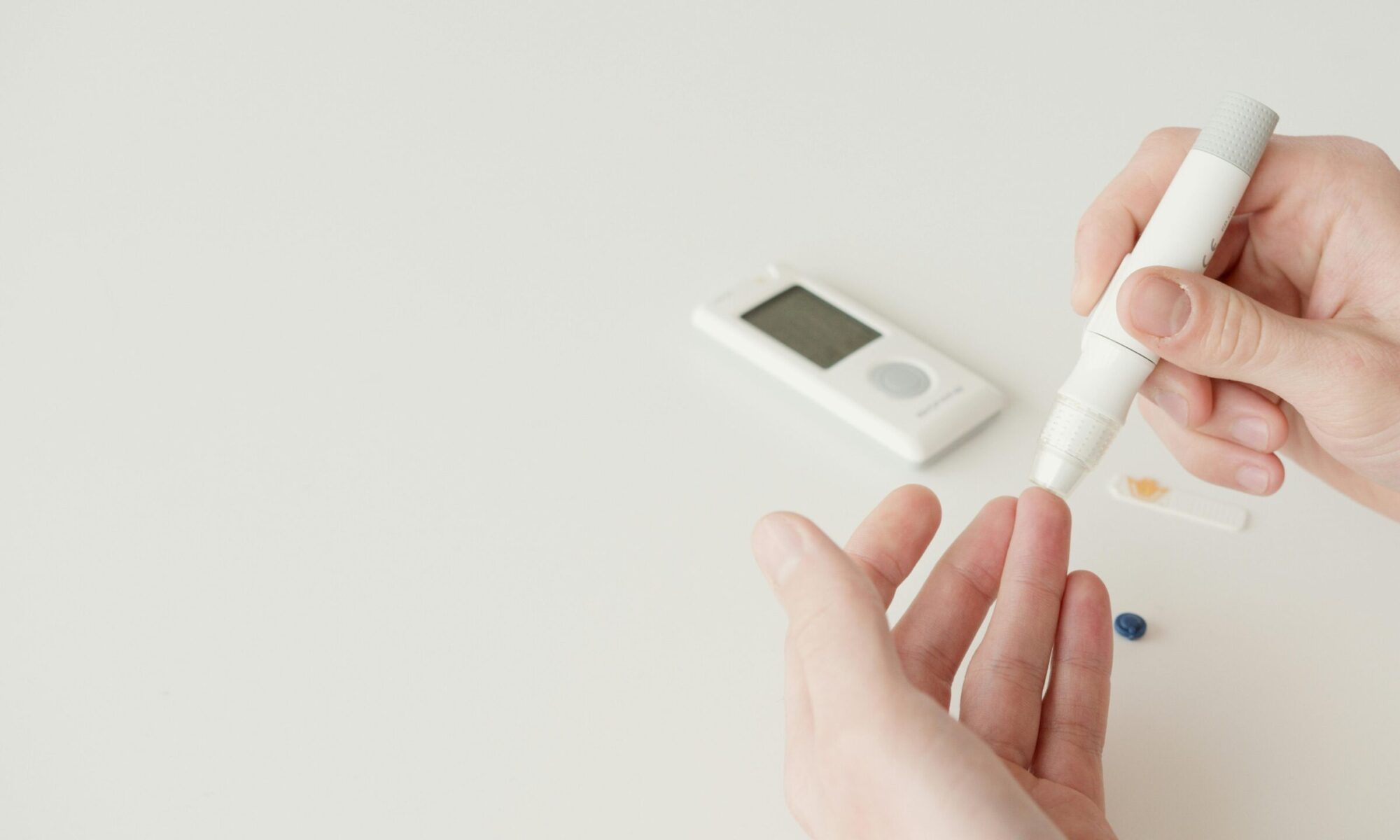Type 2 Diabetes (T2D) is a chronic condition that, if not managed effectively, can lead to various complications impacting overall health. The good news is that with proactive management and awareness, many of these complications can be prevented or identified early for timely intervention. This article explores the most common complications associated with T2D, how to prevent them, and signs to watch for early detection.
Cardiovascular Disease (CVD)
Why It’s Common:
People with T2D are at a higher risk for cardiovascular disease due to high blood sugar, high blood pressure, and unhealthy cholesterol levels, which can damage blood vessels over time.
Early Symptoms to Watch For:
- Chest pain or discomfort
- Shortness of breath
- Unexplained fatigue
- Irregular heartbeats
Prevention Tips:
- Maintain healthy blood sugar, blood pressure, and cholesterol levels.
- Incorporate regular physical activity like walking, cycling, or swimming.
- Follow a heart-healthy diet rich in whole grains, fruits, vegetables, and lean proteins.
- Avoid smoking and limit alcohol intake.
Diabetic Neuropathy
Why It’s Common:
Chronic high blood sugar can damage nerves, leading to diabetic neuropathy. This is particularly common in the hands and feet.
Early Symptoms to Watch For:
- Tingling or numbness in the extremities
- Burning or sharp pain
- Sensitivity to touch
- Muscle weakness
Prevention Tips:
- Keep blood sugar levels within target ranges.
- Ensure proper foot care by inspecting feet daily and wearing supportive shoes.
- Manage blood pressure and cholesterol.
- Exercise regularly to promote blood circulation.
Diabetic Retinopathy and Eye Health Issues
Why It’s Common:
T2D can damage the small blood vessels in the retina, leading to vision issues and even blindness if left untreated.
Early Symptoms to Watch For:
- Blurred vision
- Floaters or dark spots
- Difficulty seeing at night
- Sudden vision changes
Prevention Tips:
- Schedule regular comprehensive eye exams, ideally once a year.
- Control blood sugar, blood pressure, and cholesterol.
- Report any vision changes to a healthcare provider immediately.
Kidney Disease (Diabetic Nephropathy)
Why It’s Common:
High blood sugar can damage the kidneys’ filtering units over time, potentially leading to chronic kidney disease (CKD) or kidney failure.
Early Symptoms to Watch For:
- Swelling in the hands, feet, or face
- Fatigue and weakness
- Increased need to urinate, especially at night
- High blood pressure
Prevention Tips:
- Regularly monitor kidney function with blood and urine tests.
- Maintain blood sugar and blood pressure within the target range.
- Reduce salt intake and maintain a balanced diet.
- Stay hydrated and avoid overuse of over-the-counter pain relievers.
Skin Conditions
Why It’s Common:
People with T2D are more prone to bacterial and fungal infections due to impaired circulation and immune system function.
Early Symptoms to Watch For:
- Dry, itchy skin
- Red or white patches
- Blisters or rashes
- Persistent wounds or infections
Prevention Tips:
- Keep skin clean and moisturized.
- Address minor cuts and wounds promptly to avoid infection.
- Maintain blood sugar levels to reduce the risk of infections.
- Use gentle, unscented skin-care products to prevent irritation.
Hearing Impairment
Why It’s Common:
Research indicates that diabetes may damage the nerves and blood vessels in the ears, leading to hearing problems.
Early Symptoms to Watch For:
- Difficulty following conversations
- Frequently asking people to repeat themselves
- Trouble hearing high-pitched sounds
- Ringing in the ears (tinnitus)
Prevention Tips:
- Get regular hearing tests.
- Manage blood sugar levels and overall health.
- Limit exposure to loud noises and use ear protection when necessary.
General Prevention Strategies
1. Regular Check-Ups:
- Visit your healthcare provider for regular screenings and blood tests to monitor A1C, blood pressure, cholesterol, and other relevant metrics.
2. Consistent Physical Activity:
- Engage in at least 150 minutes of moderate exercise weekly to help maintain healthy blood sugar and overall health.
3. Healthy Eating Habits:
- Follow a diet rich in fiber, lean protein, healthy fats, and low-glycemic carbohydrates. Avoid excessive processed and sugary foods.
4. Stay Hydrated:
- Drinking enough water supports kidney function and overall well-being.
5. Stress Management:
- Practice stress-relieving activities like yoga, meditation, or deep breathing exercises to prevent spikes in blood sugar.
While Type 2 Diabetes can lead to various complications, it’s essential to remember that with proper management and vigilance, many of these risks can be significantly reduced or prevented. Understanding the early symptoms of potential complications allows for prompt action and better outcomes. By making healthy lifestyle choices and maintaining regular medical check-ups, individuals with T2D can live healthy, active, and fulfilling lives.
Disclaimer:
The content on this website/article is community-driven and contributed by non-medical professionals. The observations and views expressed reflect the experiences and opinions of the non-medical community. You are strictly advised to seek the advice or opinion of a qualified medical professional before considering or acting on any information, opinions, or views presented on this website.
View Count: 85 Views

